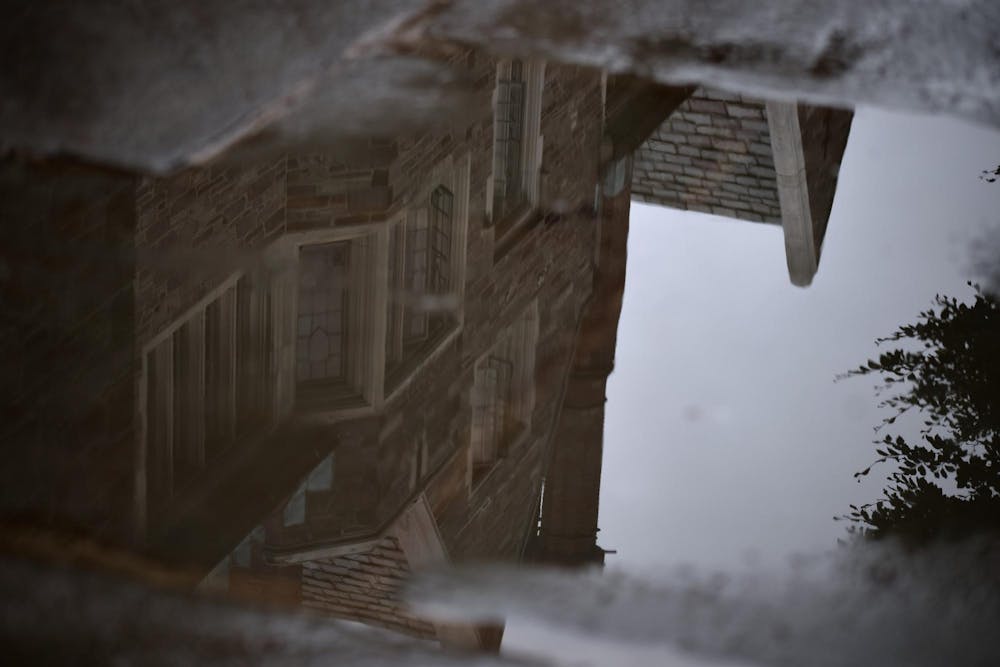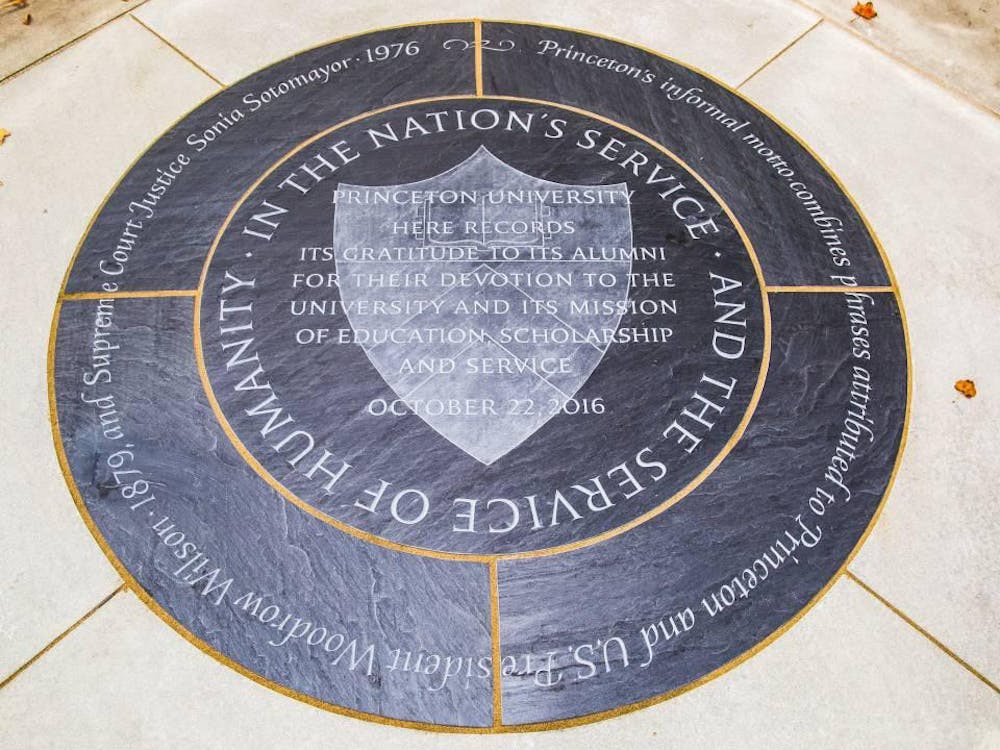A couple weeks ago, I got a survey about student group selectivity from a “working group” formed by the “Student Organization Advisory Committee and Undergraduate Student Government (USG).”
I am happy that administrators and student leaders are thinking about whether student groups are too selective — the argument that they are is one that appears frequently in our pages. But their format bothers me: is the topic of student group selectivity too sensitive to be handled in public? Does it really need to be squirreled away in some obscure closed-door working group?
To me, the email points at a deeper problem: I worry that we’re collectively losing faith in the public sphere. The public sphere is the space where we hash out our disagreements with words meant for everyone to hear. When you write a guest contribution to The Daily Princetonian, you are contributing to this public sphere. The same goes when you speak at a Whig-Clio debate, post something on the internet, or propose a USG referendum.
Yet, increasingly, decisions are made in impenetrable working groups rather than in the public sphere. The University is following the modern public relations playbook: by deliberating in private, holding the occasional listening session, and releasing the decision when it is finalized, you minimize the negative headlines.
Students are losing faith in the public sphere too. Will a campus firestorm over something they said doom their bicker chances? Or worse, will a national firestorm cut off career opportunities? It’s safer to just stay away from venues where you can be quoted.
There is a vicious cycle at play. Administrators don’t risk a bad news cycle. Students save their time and their tongues. No one knows anything. No one learns anything.
I’m entirely sympathetic to those who fear what the public sphere represents: I’ve seen first-hand how it can be destructive. After a mid-2022 referendum about whether Princeton should disassociate from a company that detractors tied to violence in the occupied West Bank, the USG Chief Elections Manager was doxxed because of a simple mistake in communicating the rules. There were certainly times during the debacle that I asked myself, “Is it really important that we debate Israel-Palestine in public? Couldn’t we do this in a dorm common room or a seminar?” Clearly, things can get blown out of proportion in the public sphere, and we should be cautious, especially when debating points of global interest.
For the administration, I’m sure there are also times that dealing with students in the public sphere is, at the very least, annoying. I attended a listening session run by the working group that decided on the new Dean of the College earlier this year. The room was practically empty, yet the conversation quickly got bogged down in trivialities and ridiculous ideas. I could feel the administrators in the room thinking, “Do we really have to do these?”
The public sphere can be a scary place. It can turn a serious campus discussion into a national food fight. It might not always feel productive. Yet, I ask humbly of the Princeton community to not give up on it. The alternative to a world where students debate issues of campus importance in public is one where administrators make decisions by fiat with no pushback. Is that the world students want?
The alternative to a world where administrators include students in their decision-making process is one in which Princeton fails in its educational mission. Students are learning how to dodge transparency, how it’s better to make decisions while no one’s watching. Is that the world that the administration wants?
Here’s a different way of dealing with the scourge of student group selectivity. A senior University administrator writes a guest contribution in the ‘Prince’ suggesting that there is a problem. Members of the Princeton community give responses. We have an open meeting of the USG in which we write a proposal and hear amendments. There’s a live-streamed debate at Whig-Clio where one student in favor of the proposal debates another student who opposes it. And finally, we go to a binding referendum.
Maybe nothing will be done about selectivity. Maybe students will decide that they prefer the dream of being in an exclusive dance group to the reality that they’re being kept out of the dance scene for arbitrary reasons. Maybe they’ll reach a decision for ridiculous and selfish reasons.

Does it matter what the result is though? Is the future of student group selectivity really that important? I think it's worth the wager that everyone would think critically about the issues facing their community.
As I close my year at the helm of the ‘Prince,’ I want to remind everyone that our norms are ours to protect. If we believe decisions should be subject to democratic scrutiny and leaders should be subject to questioning by informed interlocutors, we have the responsibility to demand those same principles from our community leaders. If we want to know the process in which our decisions get made, we have the responsibility to debate those issues in the public sphere, where we can be heard and quoted.
The public sphere can bring enormous good into the world. Learn to handle it, tame it, use it. Don’t abandon it.
Rohit Narayanan is the 147th Editor-in-Chief of the ‘Prince.’ He can be reached at rohitan[at]princeton.edu.








